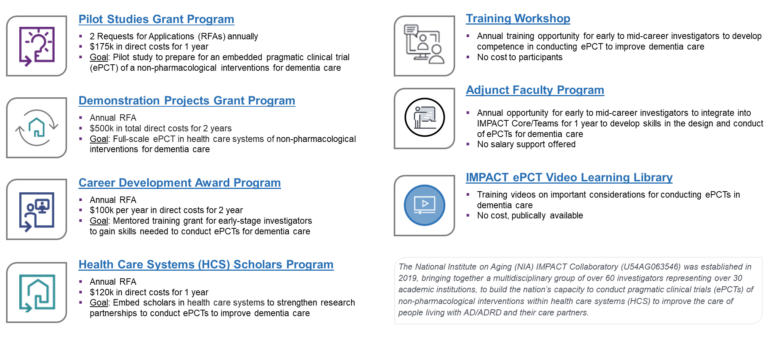January 2022 – In Grand Rounds 23, Dr. Bynum describes the use of data to identify people living with dementia as well as strengths, challenges and potential equity gaps when using a healthcare-generated data approach in pragmatic clinical trials.
Learning Objectives
- Understand the use of data to achieve pragmatic study aims
- Identify strengths & challenges when use Healthcare-generated data (billing or electronic health record data) for participant identification
- Identify threats to Health Equity and Generalizability related to choices about data use.
Podcast
Podcast Transcript: Download the transcript here.







 Heidi Gil
Heidi Gil
















